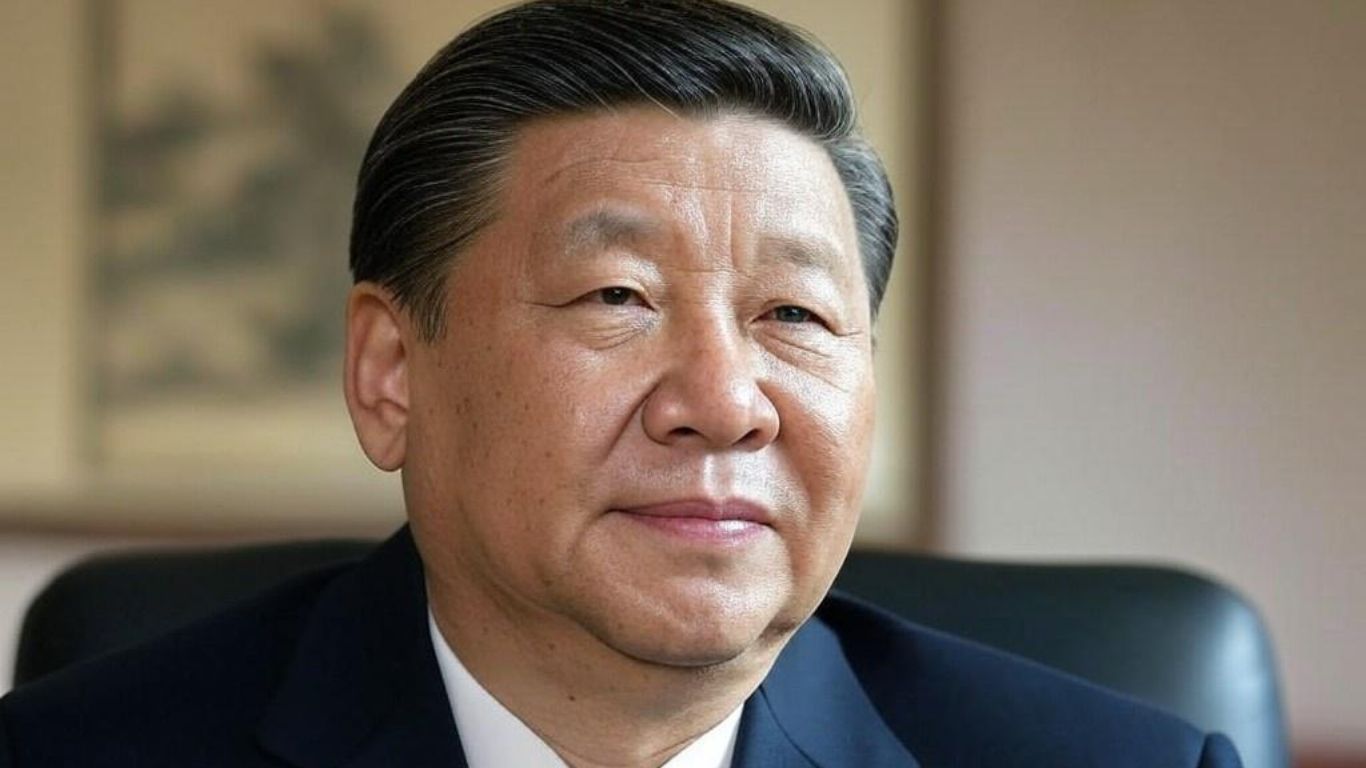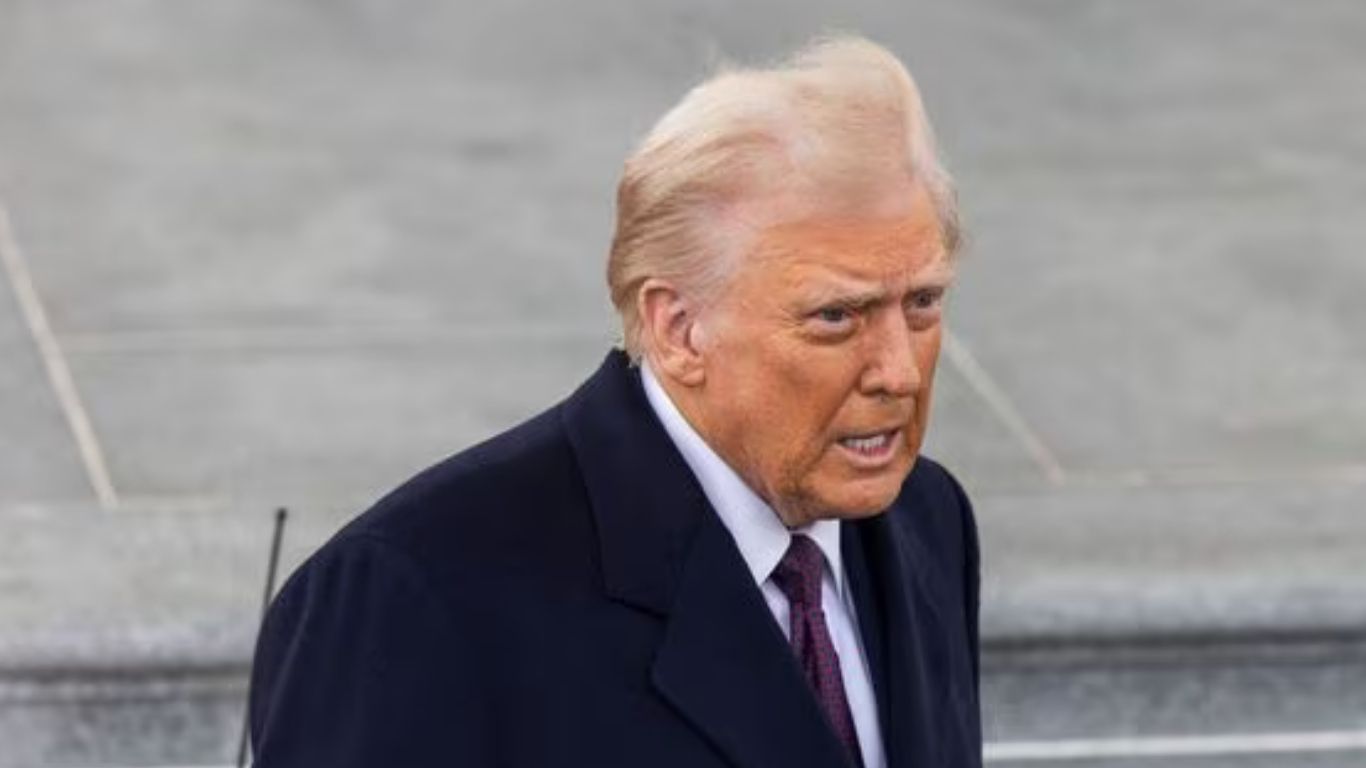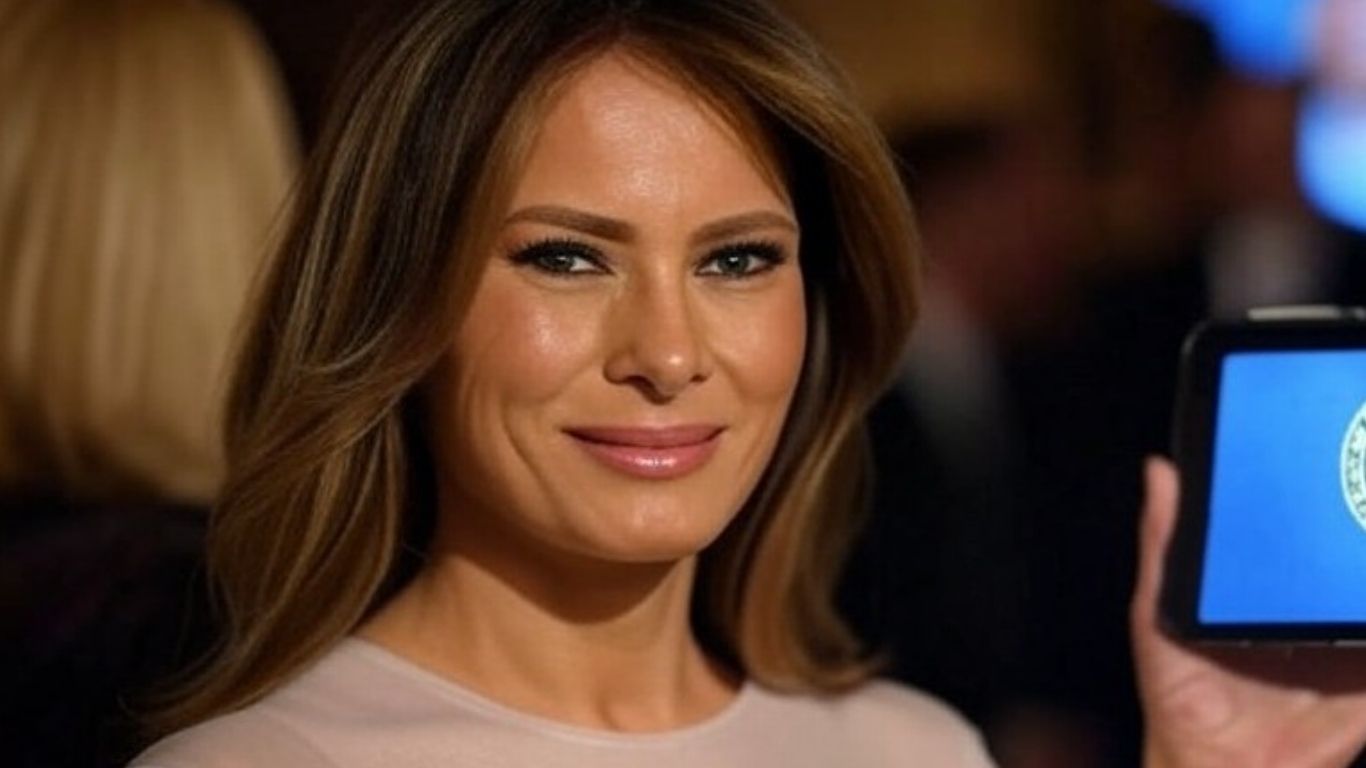Beijing, China: Chinese President Xi Jinping marked the close of the year with a stark warning over Taiwan, declaring that “no one can stop the reunification” of Taiwan with China. In his New Year’s Eve speech, Xi reaffirmed Beijing’s long-standing stance that Taiwan is an integral part of China, despite Taiwan’s distinct identity as a democratic nation.
China’s Growing Military Pressure on Taiwan
For years, Beijing has made its claim over Taiwan clear, often using overt military posturing to assert its control. This includes frequent air force and naval drills around the island, demonstrating China’s growing military presence and pressure. Taiwan has long been a source of tension, especially given the stark contrast between Taiwan’s democratic system and China’s communist government.
Since Taiwan elected President Lai Ching-te in May, Beijing has intensified its efforts to assert control, carrying out three major military drills around Taiwan. The most recent of these drills, held earlier this month, was one of the largest in recent years, according to Taiwanese officials. China’s actions, which also include airspace violations, have raised significant concerns in Taiwan and across the international community.
Xi Jinping’s Comments on Taiwan
In his speech, President Xi declared, “Chinese people on both sides of the Taiwan Strait are one family. No one can sever our blood ties, and no one can stop the historical trend of the reunification of the motherland.” His remarks highlight Beijing’s continued commitment to reunification, signaling that Taiwan’s status is a critical issue for China’s leadership.
Xi’s comments are especially significant as Taiwan’s status remains a key point of contention between China and the United States, with Taiwan serving as a strategic ally to Washington in the region. As the U.S. is Taipei’s largest supplier of weapons and a defender of democracy, Taiwan’s sovereignty is increasingly tied to U.S. foreign policy interests.
Taiwan’s Strategic Importance
Taiwan, located in the Taiwan Strait separating it from China, has long been a focus of international diplomacy and military tensions. It became a key point of contention in the Cold War, with the U.S. championing Taiwan as a democratic stronghold against the spread of communism.
The division between Taiwan and China dates back to the Chinese Civil War in 1949. Following the communist revolution led by Mao Zedong, the defeated Kuomintang (KMT) government, led by Chiang Kai-shek, fled to Taiwan, where they established a government in exile. The People’s Republic of China (PRC), established by the Chinese Communist Party, has claimed Taiwan as part of its territory ever since.
Historical Context: The Division of China and Taiwan
Taiwan’s status can be traced back to the early 20th century, following the fall of the Qing dynasty in 1912. This marked the establishment of the Republic of China, which existed until 1949 when the Chinese Communist Party took control of mainland China. The subsequent Chinese Civil War ended with the Communists claiming victory, while the KMT government retreated to Taiwan, where it continued to claim legitimacy as the rightful government of all China.
For several decades, the Republic of China (ROC) in Taiwan was recognized as the legitimate representative of China at the United Nations until 1971, when the People’s Republic of China (PRC) assumed China’s seat.
Taiwan’s Modern-Day Democracy
Today, Taiwan is a functioning democracy with a vibrant political system, while China remains under the control of the Communist Party. Despite this, Taiwan’s global diplomatic presence remains limited due to pressure from Beijing, which insists that no country can establish formal diplomatic ties with Taiwan. As a result, only a few nations officially recognize Taiwan as a sovereign state.
China’s stance on Taiwan has led to escalating tensions in the region, with international powers like the U.S. and Japan expressing strong support for Taiwan’s security and sovereignty. At the same time, Beijing continues its efforts to isolate Taiwan diplomatically and maintain its pressure on the island nation.
The Future of Taiwan-China Relations
The situation surrounding Taiwan remains one of the most complex geopolitical issues in the world. President Xi’s recent comments reflect Beijing’s unwavering stance on reunification, but the path forward remains uncertain. With Taiwan firmly committed to its democratic way of life, and with strong international support, particularly from the United States, the future of Taiwan’s status remains a subject of intense debate and international scrutiny.
As tensions continue to rise, the global community will closely monitor the developments in the Taiwan Strait and the ongoing struggle for Taiwan’s sovereignty.















